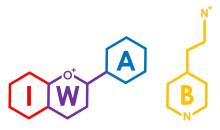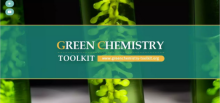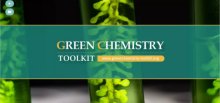Key Green Chemistry research areas from a pharmaceutical manufacturers’ perspective revisited
The ACS Green Chemistry Institute® Pharmaceutical Roundtable (GCIPR) was developed in 2005 to encourage the integration of green chemistry and green engineering into the pharmaceutical industry. One of the strategic priorities of the Roundtable is to inform and influence the research agenda and an early step was the publication of a paper on key green chemistry research areas (KRA) from a pharmaceutical manufacturers’ perspective. The publication was followed up with the ongoing GCIPR Research Grant Programme.





